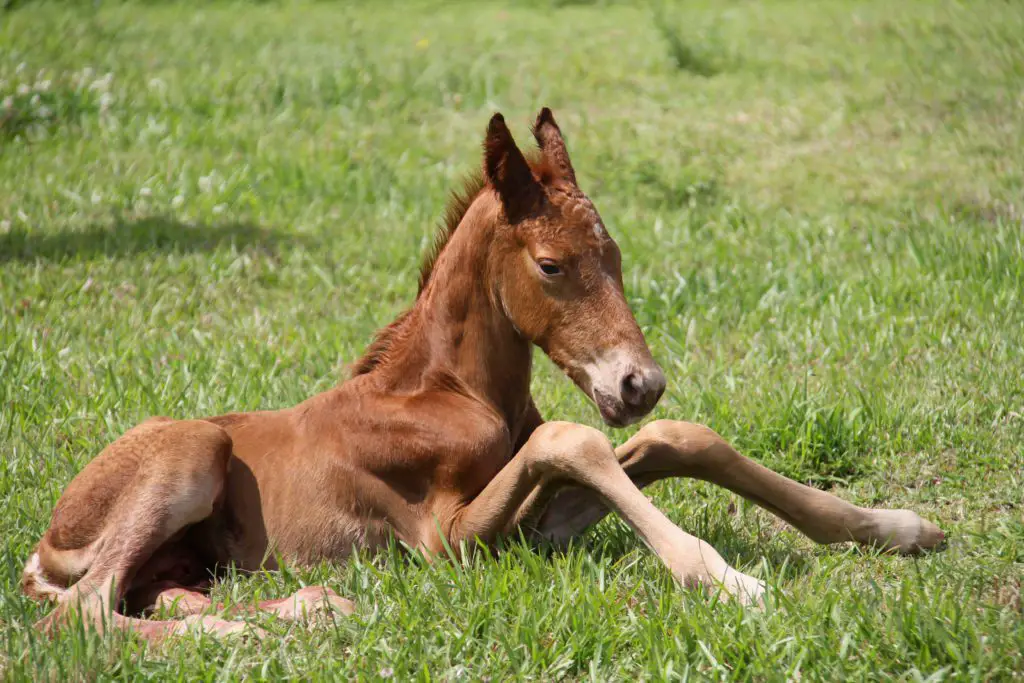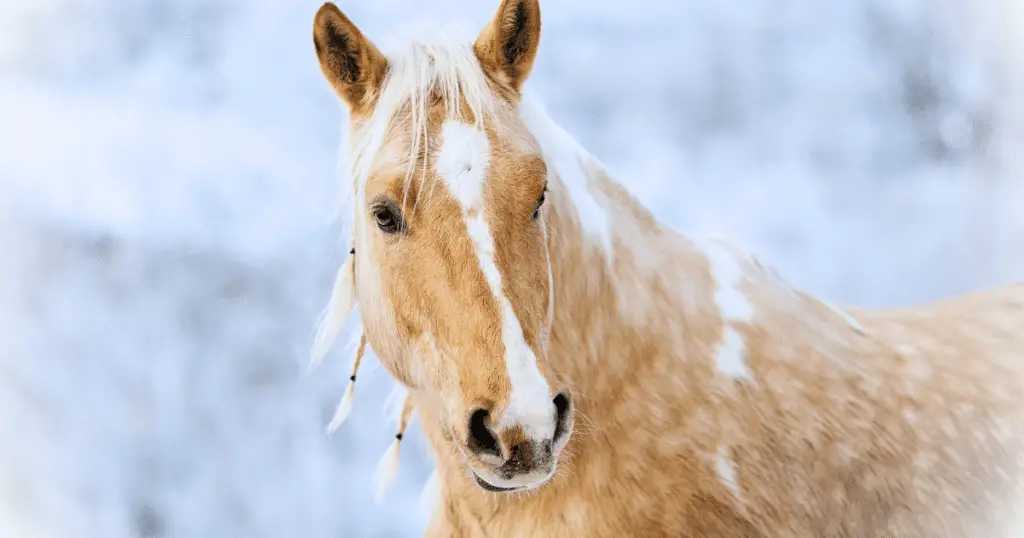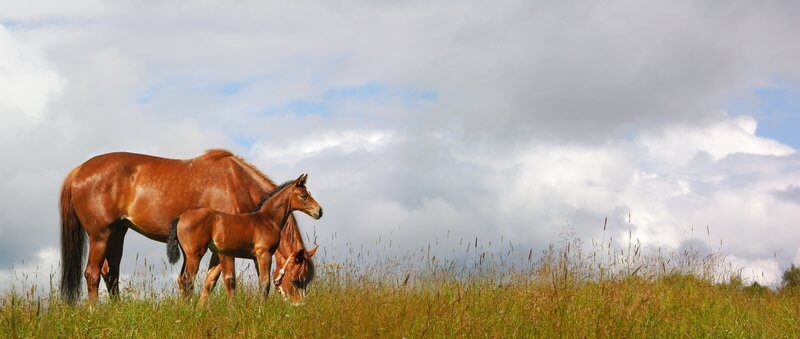
At one week of age, a compromised immune system can leave young foals exposed to bacterial and viral infections that can severely debilitate their health. In this article, we discuss the common infections in young foals that lead to infectious diarrhoea. We will not discuss diarrhoea caused by the mare coming into season called “Foal Heat Diarrhoea”.
During the first 24 hours of life, your young foal has a very open gut that is capable of absorbing large molecules. While nature has provided this to facilitate absorption of antibodies contained in the mare’s colostrum, it can also expose an unprotected immune system to bacteria.
Within the first six hours following birth, the young foal relies on colostrum to build a robust and resilient immune system. However, inadequate antibodies and an unclean environment allow entry of bacteria into the gut which, once ingested, may be transferred across to the bloodstream.
Bacterial and viral infections can affect foals of all ages. The age of your foal is an important factor — not only for their chances of survival, but also when considering the type of infection present, its treatment and, most importantly, its prevention.
Rotavirus
Rotavirus is a common cause of diarrhoea in foals older than one week of age. Ingested from the environment, it’s usually shed by other infected foals. Rotavirus can cause severe, fluid-losing (watery) diarrhoea, but can be treated effectively with supportive therapy.
Treatment involves fluids to replace lost water and electrolytes. At times, antibiotics may also be given to prevent additional bacterial infections. The infected foal should be isolated until they’ve fully recovered to stop the spread of the virus, and any other bacterial or viral infections.
Rotavirus may be prevented with vaccination, given to the pregnant mare at eight, nine and 10 months gestation. The vaccine works by building protective antibodies within the colostrum that safeguard the newborn foal’s immune system from birth.
Salmonella & Clostridia
Salmonella and two strains of clostridia — C. perfringens and C. difficile — can also affect foals around one week of age. Both of these bacterial infections can be life-threatening to any foal less than seven days old, without immediate treatment.
While salmonella is spread by contaminated faecal matter, usually from the mare, the two strains of clostridia survive as spores in the environment. Once ingested, they produce toxins that may invade the gastrointestinal tract, where they can severely harm the young foal.
Treatment with antibiotics may be effective if administered early. Antibiotic therapy may also be used as a preventative measure with success. However, it’s imperative all foals receive adequate colostrum at birth for the highest chance of survival in the face of bacterial and viral infection.
Treating Diarrhoea
Early intervention is critical in the treatment of diarrhoea. At the first signs of diarrhoea, systemic illness or depression, call your veterinarian immediately. In most cases, a young foal with severe diarrhoea will be treated at an intensive care facility, following a veterinary examination.



